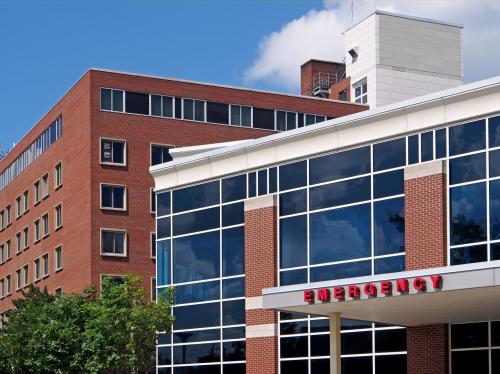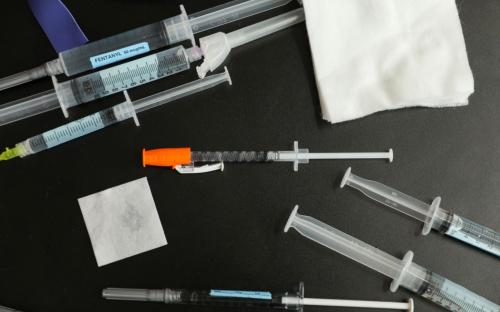In 1969-70, as the only physician in VISTA, I was assigned to Lee County, Arkansas, a county of 16,000 people in the Mississippi River Delta. Said to be the seventh poorest county in the nation, Lee was 60 percent black, 70 percent poor, and virtually untouched by the civil rights movement. It was an unreconstructed, segregated piece of the “Old South.”
About 30 VISTA volunteer “Health Advocates” were assigned to five counties of eastern Arkansas that year, with seven dispatched to Lee. Those seven included my wife (a child psychologist), a nurse, and four recent college graduates trained briefly in health-related areas such as nutrition as well as in community organizing. Together, we set up four grassroots “Community Action Councils” and, with the help of a small federal grant, a community-controlled health center, the Lee County Cooperative Clinic. Our goal was to provide health care to the poor (who desperately needed it), but, even more important, to offer them some sense of empowerment-that is, the ability to control resources such as health care rather than having to rely on charity. The clinic was run by a board of directors elected by the patients, who were considered members of the clinic cooperative.
White resistance to the clinic and to VISTA’s organizing efforts was formidable. The four-member medical staff of the county’s 25-bed hospital denied me admitting privileges. We were unable to house the clinic at any white-owned property. When the black funeral parlor director finally rented us a five-room house, the county’s government tried to block our federal grant. The struggle gained media attention, with front-page stories in major newspapers and features on national television.
The conflict mobilized Lee’s poor and African-American population and transformed the county. A black political organization spun off from the action councils and offered the first black candidates for local public office since Reconstruction. Blacks demanding economic justice boycotted white-owned businesses; students demanding educational justice boycotted the public schools. Buildings were burned and shots fired. Miraculously, no one was killed or injured.
Today, all that is history. Lee County government is integrated. The clinic put up its own building in 1972 and has been a member of the county Chamber of Commerce for many years. The hospital has long since closed, as have most rural hospitals of its size. Marianna, the county seat, now has a biracial workforce but could hardly be called prosperous. The county’s poverty rate has dropped to a “mere” 38 percent.
And I have been gone from eastern Arkansas for more than 30 years. For the past 21, I have taught public health and supervised the public health faculty at the Morehouse School of Medicine. Public health is that branch of the health professions that tries to ensure that all kids are immunized, everybody has access to safe water and food, everybody gets screened for cancer and high blood pressure and, ultimately, somehow, that everybody has access to health care. The key word is “everybody.” We like to say that “public health is social justice.”
Striving for social justice comes naturally to Morehouse, a predominantly African-American medical school. Blacks still have the poorest health indices in the United States, and few blacks have been trained as public health professionals.
As a volunteer in Lee County, I had the privilege of working for a more just society, of helping to change the conditions that kept people in poverty and denied them their basic rights. In another way, I have the same privilege now. Many of my fellow VISTA volunteers were not so fortunate; their duties were to drive people to the welfare office or distribute used clothing or the like. Those jobs constitute service, to be sure, and they need to be done, but in the long run, they don’t change anything. Many volunteers who were doing that sort of work in 1970 felt a sense of frustration and often failed to complete their year in VISTA.
Sometimes today I am asked to address groups of VISTA volunteers, now known as AmeriCorps VISTAs. My message is always the same: see what you can do to change the world. Social justice is no longer an explicit focus of VISTA, so my message is a bit subversive. But it is the same message that I would give anybody who undertakes service, as a volunteer or for a living.



Commentary
Service in the Pursuit of Social Justice
September 1, 2002